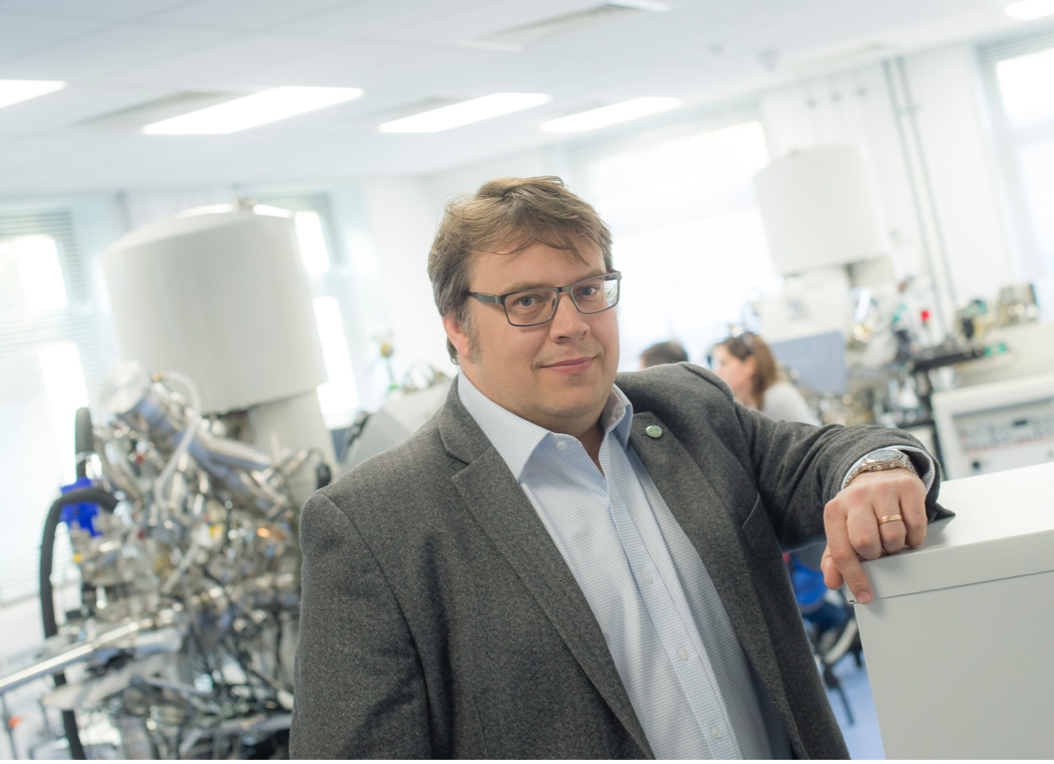Researchers have used new technology to create an electric flare stack that significantly reduces CO2 emissions compared to gas flares that are currently used by oil refineries to control pollution.
Scientists from the University of Nottingham's School of Chemistry worked with industry partner Lubrizol and the University of Warwick to develop a nonthermal plasma electric flare stack to reduce carbon emissions.
The team showed that by eliminating the "fuel" of the flare, which is the gas isobutylene, the "electric flare stack" consumes 6.6% less energy than an equivalent steam aided methane flare, with significant CO2 emission reductions (between 2.0× and 11.4× lower). The research has been published by the American Chemical Society.
Gas flare stacks are the current benchmark technology for industrial pollution control. Gas flare stacks are ubiquitous with oil recovery and are often seen flickering above refineries and chemical plants where volatile by-products need to be disposed of with minimsed environmental impact.
Recent BBC reports suggested the impact of gas flares on human health and the environment is much larger than earlier thought with pollutants from flaring including PM2.5, Ozone, NO2, and benzo(a)pyrene (BaP) which at high levels or continued exposure have been linked to strokes, cancer, asthma and heart disease according to international experts including the World Health Organisation (WHO).
The research was carried out by Post-doctoral researcher Matteo Molteni from the University of Nottingham alongside experts from Lubrizol and the University of Warwick. The EPSRC funded project is part of the University of Nottingham's partnership with Lubrizol, a global leader in the speciality chemicals industry and Warwick. The partnership aims to create cleaner and greener chemical processing methods in a bid to help the government meet its carbon neutral targets.

This project underlines the importance of industry partnerships in driving innovation in sustainability in chemical processes. The solution we have developed in this research offers benefits to the environmental performance which in the context of this industry, is critical. The next phase would be to explore whether this technology can be used in petchem flaring at scale.
This is an exciting piece of technology that potentially allows manufacturing plants to meet their environmental responsibilities without the need to burn natural gas, which in turn could reduce scope 1 emissions. Lubrizol will continue its collaborations with the University of Nottingham and third parties to investigate the scalability of non thermal plasma for VOC destruction.






